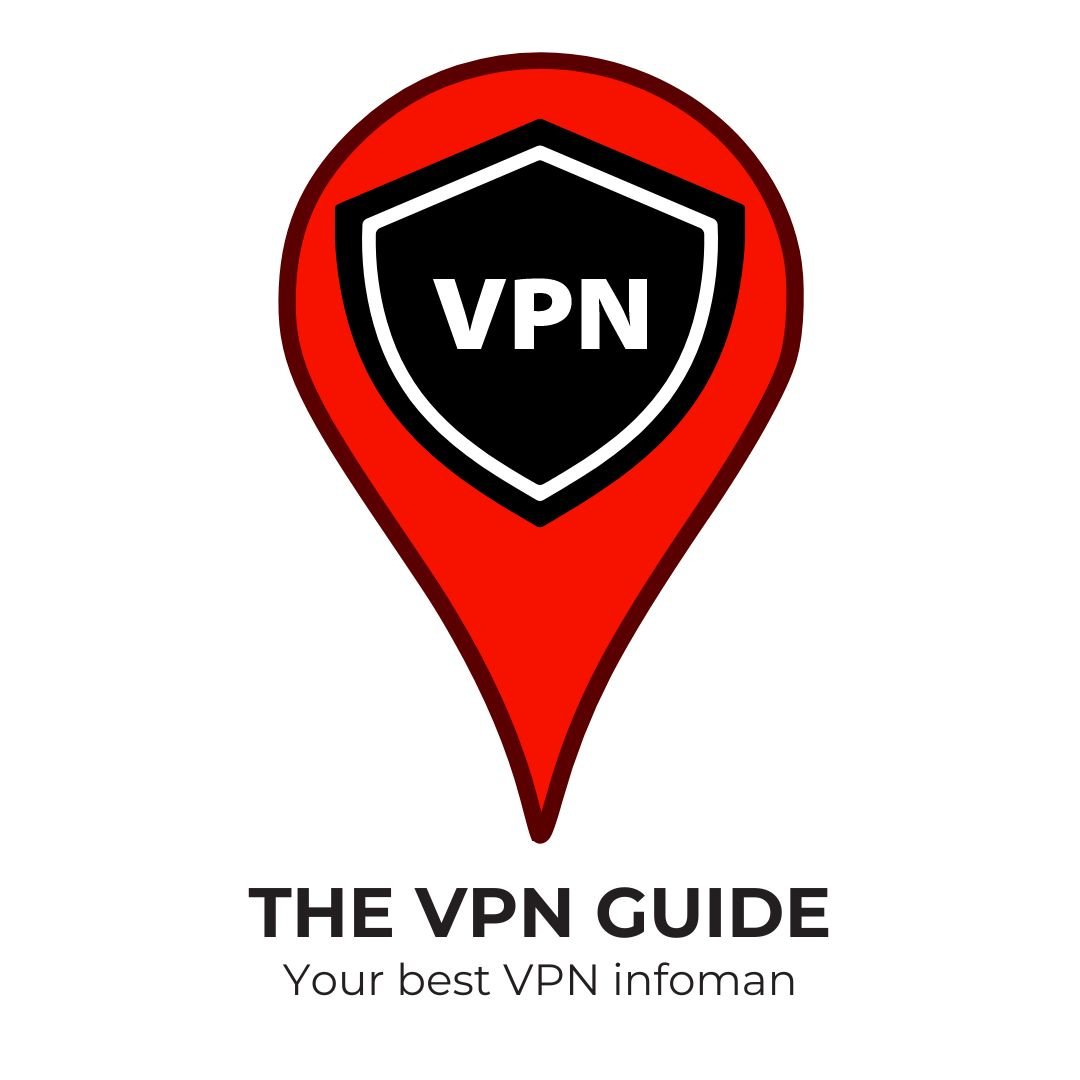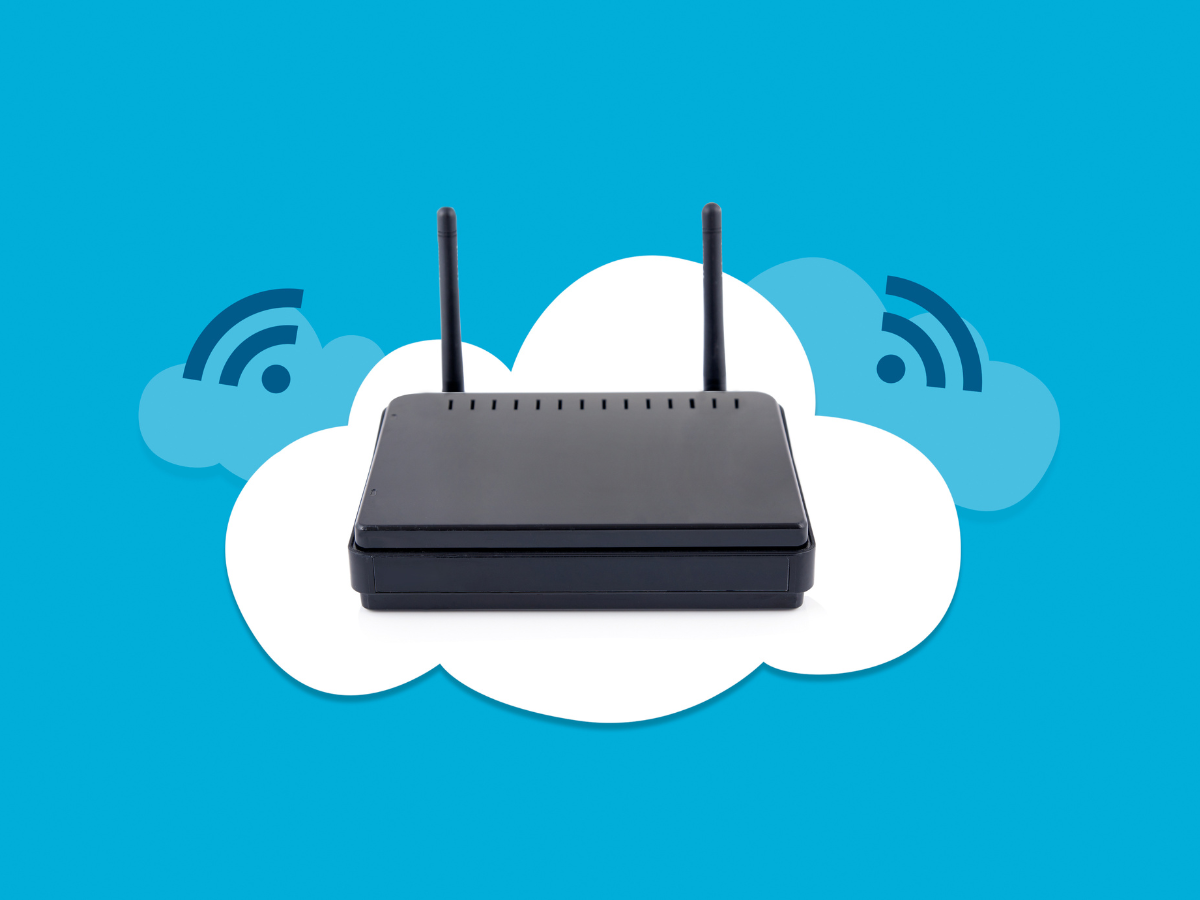Maintaining online privacy and security has become a crucial aspect of our daily lives. One of the most effective ways to achieve this is by using Virtual Private Networks (VPNs). VPNs create a secure, encrypted connection between your device and the internet, ensuring that your data is protected from prying eyes. However, within the digital environment of VPNs, there is a specific concept that deserves attention: VPN tunneling.
What is VPN Tunneling?
VPN tunneling refers to the process of creating a secure, encrypted connection between your device and a VPN server. This connection is often referred to as a “tunnel” because it allows your data to travel securely and privately, much like a tunnel allows vehicles to travel safely under a road. When you connect to a VPN, your data is encrypted and routed through this tunnel, making it inaccessible to third parties.

How Does VPN Tunneling Work?
VPN tunneling works by creating a secure, encrypted connection between your device and the internet, ensuring that your data is protected from the moment it leaves your device until it reaches its destination. here is a detail of VPN tunneling process:
- Connection Establishment: When you connect to a VPN, your device establishes a connection with the VPN server. This connection is typically established using protocols such as OpenVPN, L2TP/IPSec, or SSTP.
- Encryption: Once the connection is established, your data is encrypted using advanced encryption algorithms. This ensures that even if someone intercepts your data, they will not be able to read it.
- Routing: Your data is then routed through the VPN server, which acts as a middleman. The VPN server decrypts the data, processes it, and then re-encrypts it before sending it to its final destination.
- Decryption: At the receiving end, the data is decrypted, and you receive the original data, which is now secure and private.
Benefits of VPN Tunneling
VPN tunneling enhances data security by creating a secure, encrypted connection between your device and the internet. Here are the key ways it achieves this:
- Encryption: VPN tunneling encrypts your data using advanced encryption algorithms, making it unreadable to anyone intercepting it. This ensures that even if your data is intercepted, it cannot be accessed or understood.
- Anonymity: By routing your data through a VPN server, your IP address is masked, making it difficult for others to track your online activities. This prevents your data from being linked to your identity.
- Secure Connection: The VPN tunnel creates a secure connection between your device and the VPN server, ensuring that your data is protected from the moment it leaves your device until it reaches its destination.
- Protection from Eavesdropping: VPN tunneling prevents eavesdropping by encrypting your data, making it impossible for anyone to intercept and read your data in transit.
- Protection from Man-in-the-Middle Attacks: VPN tunneling protects against man-in-the-middle attacks by ensuring that your data is encrypted and cannot be modified or intercepted by unauthorized parties.
- Protection from Network Surveillance: VPN tunneling helps protect against network surveillance by encrypting your data, making it difficult for network administrators or third parties to monitor your online activities.
- Protection from Data Theft: By encrypting your data, VPN tunneling prevents data theft by ensuring that even if your data is intercepted, it cannot be accessed or used by unauthorized parties.
- Protection from DNS and IP Leaks: VPN tunneling prevents DNS and IP leaks by ensuring that your data is routed through the VPN server, preventing your actual IP address from being exposed.
Types of VPN Tunnels
Each VPN tunneling protocol has its own strengths and weaknesses. OpenVPN, L2TP/IPSec, and SSTP are generally considered secure and compatible with most devices, but may be slower. WireGuard is known for its speed and security, and PPTP is less secure and slower. IKEv2 is often used for mobile devices and provides a good balance of security and speed.
OpenVPN:
- Encryption: AES-256
- Speed: Medium
- Security: High
- Compatibility: High
- Ease of Use: Medium
OpenVPN is a widely used and highly secure protocol. It supports AES-256 encryption and is compatible with most devices and operating systems. However, it may be slower than some other protocols.
L2TP/IPSec:
- Encryption: AES-256
- Speed: Medium
- Security: High
- Compatibility: High
- Ease of Use: Medium
L2TP/IPSec is another widely used protocol that provides high security. It supports AES-256 encryption and is compatible with most devices and operating systems. However, it may be slower than some other protocols.
SSTP:
- Encryption: AES-256
- Speed: Medium
- Security: High
- Compatibility: High
- Ease of Use: Medium
SSTP is a protocol developed by Microsoft and is often used with Windows-based systems. It supports AES-256 encryption and is compatible with most devices and operating systems. However, it may be slower than some other protocols.
PPTP:
- Encryption: MPPE
- Speed: High
- Security: Low
- Compatibility: High
- Ease of Use: Low
PPTP is an older protocol that is less secure than some newer protocols. It uses MPPE encryption and is compatible with most devices and operating systems. However, it is generally considered less secure and slower than other protocols.
IKEv2:
- Encryption: AES-256
- Speed: Medium
- Security: High
- Compatibility: High
- Ease of Use: Medium
IKEv2 is a protocol that is often used for mobile devices. It supports AES-256 encryption and is compatible with most devices and operating systems. However, it may be slower than some other protocols.
WireGuard:
- Encryption: ChaCha20-Poly1305
- Speed: High
- Security: High
- Compatibility: High
- Ease of Use: High
WireGuard is a newer protocol that is known for its speed and security. It uses ChaCha20-Poly1305 encryption and is compatible with most devices and operating systems. It is considered easy to use and is often recommended for its speed and security.

The following types of VPN tunneling protocols, each with its own strengths and weaknesses. Here is a table comparing the most common VPN tunneling protocols:
| Protocol | Encryption | Speed | Security | Compatibility | Ease of Use |
|---|---|---|---|---|---|
| OpenVPN | AES-256 | Medium | High | High | Medium |
| L2TP/IPSec | AES-256 | Medium | High | High | Medium |
| SSTP | AES-256 | Medium | High | High | Medium |
| PPTP | MPPE | High | Low | High | Low |
| WireGuard | ChaCha20-Poly1305 | High | High | High | High |
| IKEv2 | AES-256 | Medium | High | High | Medium |
Key Takeaways
VPN tunneling is a crucial aspect of VPN technology, providing a secure and private connection between your device and the internet. By understanding how VPN tunneling works and the benefits it offers, you can ensure that your online activities are protected from potential threats. Whether you are a casual internet user or a professional requiring high-level security, VPN tunneling can help you on maintaining your online privacy and security.




